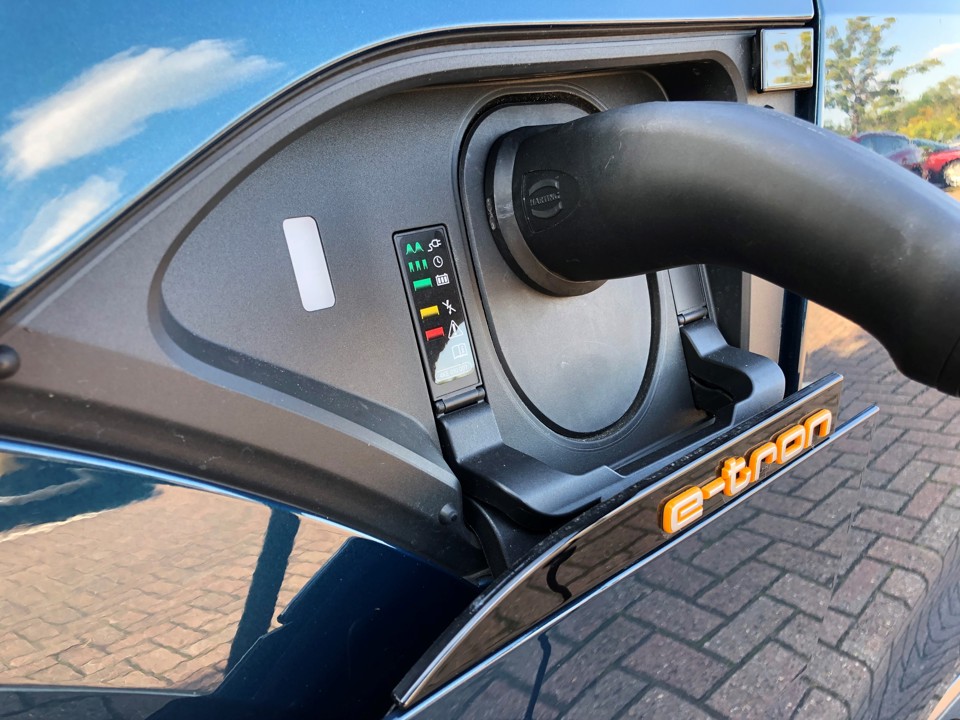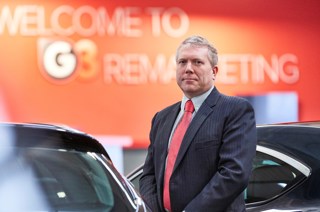Almost 40% of car buyers are reconsidering the purchase of a zero-emissions electric vehicle (EV) after the Chancellor of the Exchequer announced plans to make them eligible for VED road tax.
Research carried out by Insight Advantage for eBay Motors Group revealed the impact of a further additional financial burden at a time when a cost-of-living crisis and the prospect of the UK’s longest ever recession is prompting most households to hunt down savings.
While nearly a quarter (23%) of car buyers said the introduction of a VED charge from April 2025, announced in last week’s Autumn Statement, will make no difference to their plans to buy an EV, 37% said the announcement is either making them reconsider or drop their plans to go electric.
According to the eBay Motor Group data, a further 16% said they plan to carry on but will buy cars priced under £40,000 to avoid the Expensive Car Supplement, also applied for the first time on EVs from April 2025.
Emphasising the perception, the cost incentives attached to EVs ownership are on the wane, it also found that 18% of buyers are more concerned about the rising cost of charging than the imposition of VED.
When specifically asked how cost of living concerns would impact their next car purchase, regardless of fuel type, the top three concerns expressed were: the UK economy now going into recession; the cost of energy bills; and the impact of inflation on goods and services.
 Lucy Tugby, marketing director at eBay Motors Group, said: “At a time when momentum was building for EV sales, the Autumn Budget has polarised buyers’ views on whether the next car they purchase will be electric.
Lucy Tugby, marketing director at eBay Motors Group, said: “At a time when momentum was building for EV sales, the Autumn Budget has polarised buyers’ views on whether the next car they purchase will be electric.
“Our research highlights just how sensitive some buyers are to the removal of what has long been a valued incentive and reward for going electric.
“As the clock ticks down on the 2030 ban on the sale of new combustion engine cars, this sends out a confusing message to buyers and could have ramifications for the government’s Net Zero targets.”
Research published by Startline Motor Finance yesterday (November 21) showed that rising costs are not confined to EVs, however.
It found the cost of running the average car has escalated by £1,000 in the past year as UK inflation accelerated into double figures.
Commenting on Government’s road tax plans for EVs n his response to the Autumn statement last week Auto Trader commercial director Ian Plummer, who was recently interviewed on the AM News Show podcast, said: “Our analysis shows that drivers can still save £80 per 1,000 miles by making the switch to electric, but this move will take away a big chunk of the ownership savings that are still very much needed to bridge what remains a significant purchase cost differential for EVs.”
Zuto Finance has this week highlighted the onus that both finance providers and car retailers will need to place on the affordability of all their products as the cost-of-living crisis deepens.
A survey of 1,000 consumers conducted by TLF on its behalf in October 2022 found that less than half (49%) of Brits claim they are financially stable enough to be comfortable during a recession, with one-in-ten (12%) cancelling holidays and 43% have turned the heating off to make ends meet.


















Login to comment
Comments
No comments have been made yet.